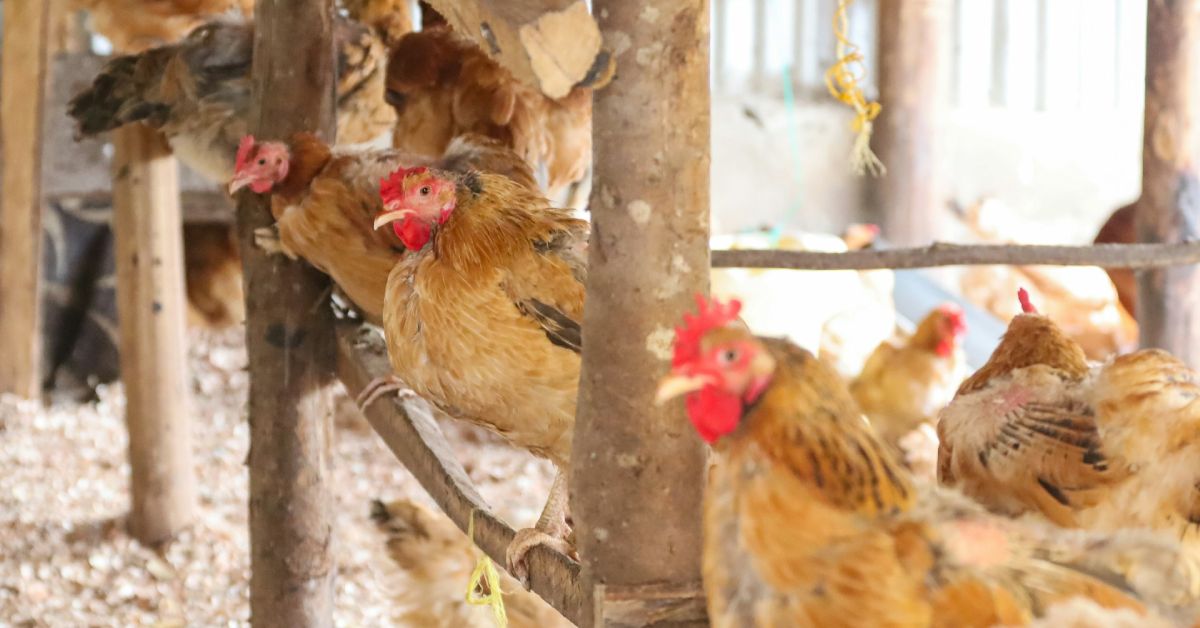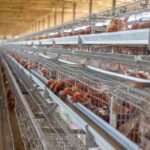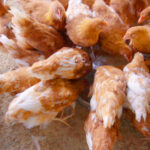In Nigeria, agriculture is seen as a viable path to financial liberty and wealth creation, especially with the increasing focus on food security and self-sufficiency. Poultry farming, particularly for egg production, stands out as one of the most lucrative ventures when approached correctly. Eggs are a high-demand commodity, and with a growing population, the opportunity for economic empowerment through poultry farming has never been better. However, setting up a successful poultry farm requires thorough planning and preparation. As we prepare to launch our next 5,000-bird poultry venture, here are five critical factors to consider when starting a poultry farm in Nigeria.
1. Land Acquisition
The size of your poultry farm will largely depend on the land you secure. For smaller ventures, a plot of land may suffice, while larger operations might require multiple acres. When selecting land, it’s essential to consider the location’s proximity to markets, ease of access for transportation, and availability of essential resources like water and electricity. The land should also allow for future expansion as the farm grows. A well-planned layout will ensure easy movement around the farm for workers, vehicles, and equipment.
2. Poultry Housing
Once you’ve secured land, the next step is constructing or setting up appropriate poultry houses. Poultry housing is not just about providing shelter; it plays a key role in biosecurity, bird welfare, and productivity. The housing must protect birds from predators, harsh weather, and diseases, while ensuring proper ventilation and enough space per bird. Overcrowding can lead to stress and a higher risk of disease outbreaks. Meeting these biosecurity standards is essential for maintaining a healthy flock and ensuring optimal egg production.
3. Choosing the Type of Housing System
In Nigeria, two primary poultry housing systems are common for egg production: battery cages and the deep litter system. Battery cages are more commonly used for layers, as they allow for efficient management of birds and egg collection. The cages offer better control over feeding and minimize waste. On the other hand, the deep litter system involves birds being kept on the floor with bedding material like sawdust. This system is more affordable initially but may require more labor and management effort. The choice between the two depends on your budget, scale of operations, and long-term goals.
4. Water Supply
Water is one of the most critical resources in poultry farming. Birds require a constant supply of clean and fresh water to stay healthy and produce eggs. Inadequate or poor-quality water can lead to dehydration, stress, and disease outbreaks, all of which will negatively impact egg production. Ensure that your farm has a reliable water source, whether from a borehole or a local supply system. You may also need to install water storage facilities to avoid shortages during dry seasons.
5. Electricity and Power Backup
A reliable power supply is crucial for various farm operations, such as lighting, egg incubators, and automated feeding systems. Many farms in Nigeria face challenges with inconsistent electricity, so having a backup power source is advisable. Solar energy is becoming an increasingly popular alternative, as it is more sustainable and cost-effective in the long run. Ensuring continuous power will help maintain smooth operations and improve the overall efficiency of your poultry farm.
By carefully considering these five key factors—land acquisition, poultry housing, housing system choice, water supply, and electricity—you can set the foundation for a successful poultry farm. With proper planning and execution, egg production in Nigeria can be a profitable venture, contributing to both financial independence and national food security.
At 5KGE, we provide premium consultancy services tailored to poultry farms across Nigeria. Whether you’re launching your first venture or seeking to scale up operations, our expertise ensures you’re guided every step of the way.t 5KGE, we offer premium consultancy services for poultry farms within Nigeria. Whether you’re just starting out or looking to scale, our expertise can guide you every step of the way. If navigating the complexities of poultry farming feels overwhelming but you’re still eager to make a sustainable investment and tap into the vast opportunities in this sector, explore our current investment product offering, 5000 Golden Eggs for a hands-free yet rewarding experience.





